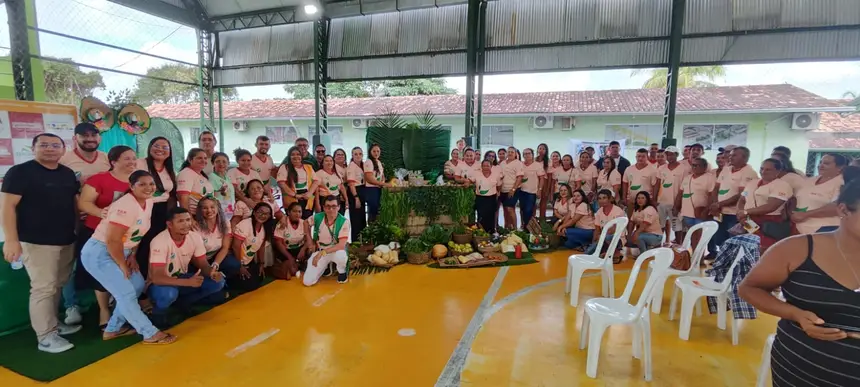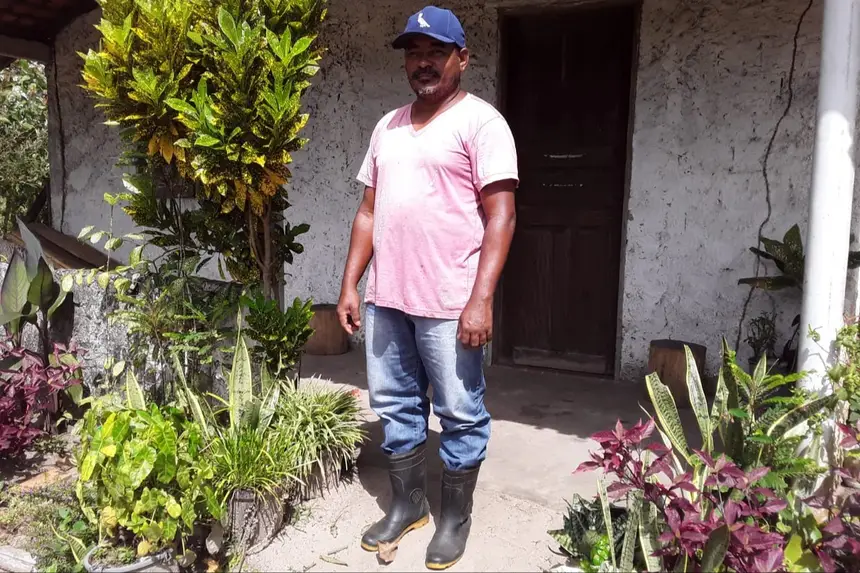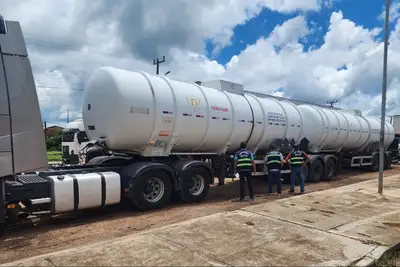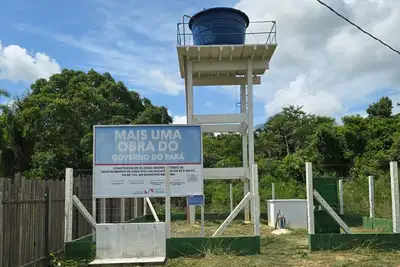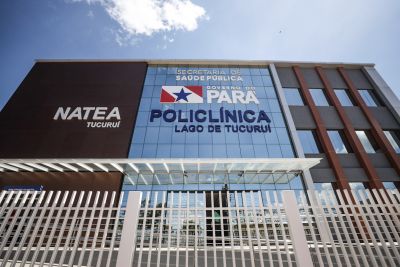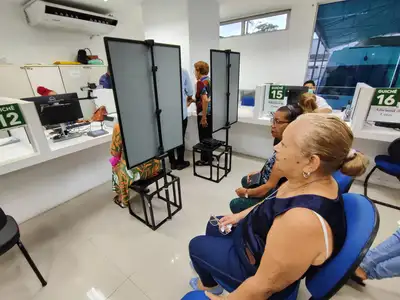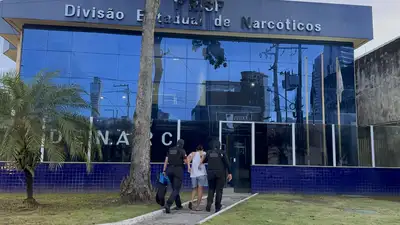With support from Emater, quilombolas from Tracuateua provide food for families
Farmers from the quilombola communities of Jurussaca and Torres are producing healthy and natural foods such as lettuce, bacuri, and tapioca flour
With the support of the local office of the Technical Assistance and Rural Extension Company of Pará (Emater) in Tracuateua, on the Rio Caeté, starting in August, 12 families from the quilombola territories of Jurussaca and Torres are expected to begin supplying products for beneficiaries of the bolsa-família, through a specific line of the Food Acquisition Program (PAA).
The government initiative to purchase healthy and natural foods such as lettuce, bacuri, and tapioca flour for socioeconomically vulnerable people includes users of the Social Assistance Reference Center (Cras), the Specialized Social Assistance Reference Center (Creas), and the Child Pastoral (PC).
The general PAA notice for the second half of 2025 was officially launched by Emater, the City Hall, and the National Supply Company (Conab), among other partners, on Tuesday (24), at the Municipal Elementary School (EMEF) Professor Elias Feres Gorayeb gymnasium, known as “Ginásio Gorayeb,” in the center of the municipality.
In addition to the quilombolas from Torres, more than 100 families from 14 traditional farming communities were present at the Café com Agricultor event. The moment reinforced dialogues and guidance on mandatory documentation, such as the national family farming registration (caf), issued by Emater, and sanitary inspection regarding the handling of cassava derivatives.
According to the PAA coordinator in the municipality, Aurivan Sousa, the National Food and Nutritional Security Policy (Pnan) is advancing in Tracuateua: “The creation of the Food and Nutritional Security Council [Consea], the Food and Nutritional Security law [San], adherence to the National Food and Nutritional Security System [Sisan], and the creation of the Intersectoral Chamber of Food and Nutritional Security [Caisan] highlight and promote the increase in the number of farmers in the PAA,” he said.
Markets and Business
The integration of more and more families into government markets in the rural sector, such as the PAA and the National School Feeding Program (Pnae), is one of the guidelines of the Markets and Business subproject, part of this year’s Technical Assistance and Rural Extension Program (Proater) from the local Emater office in Tracuateua. Proater is the main planning and management tool of Emater.
“The issue of marketing and commercialization is a challenge for family farmers, in a context of the Amazon where significant geographical distances and dependence on intermediaries are evident. Institutional markets offer fair prices, with profits of up to 50% and guaranteed purchases,” points out the head of the local Emater office in Tracuateua, fishing technician and environmental manager Nadson Oliveira.
For quilombola José Maria Gomes, 46, president of the Fiscal Council of the Association of Remnants of Quilombolas from the Community of Torres (Arquit), the opportunity is of “fundamental importance”: “Emater’s work in Tracuateua is excellent. It is a great facilitator in this sense of quilombola PAA. With the legal caf issued by Emater, the Association is also qualified to supply,” he states.
Text by Aline Miranda


